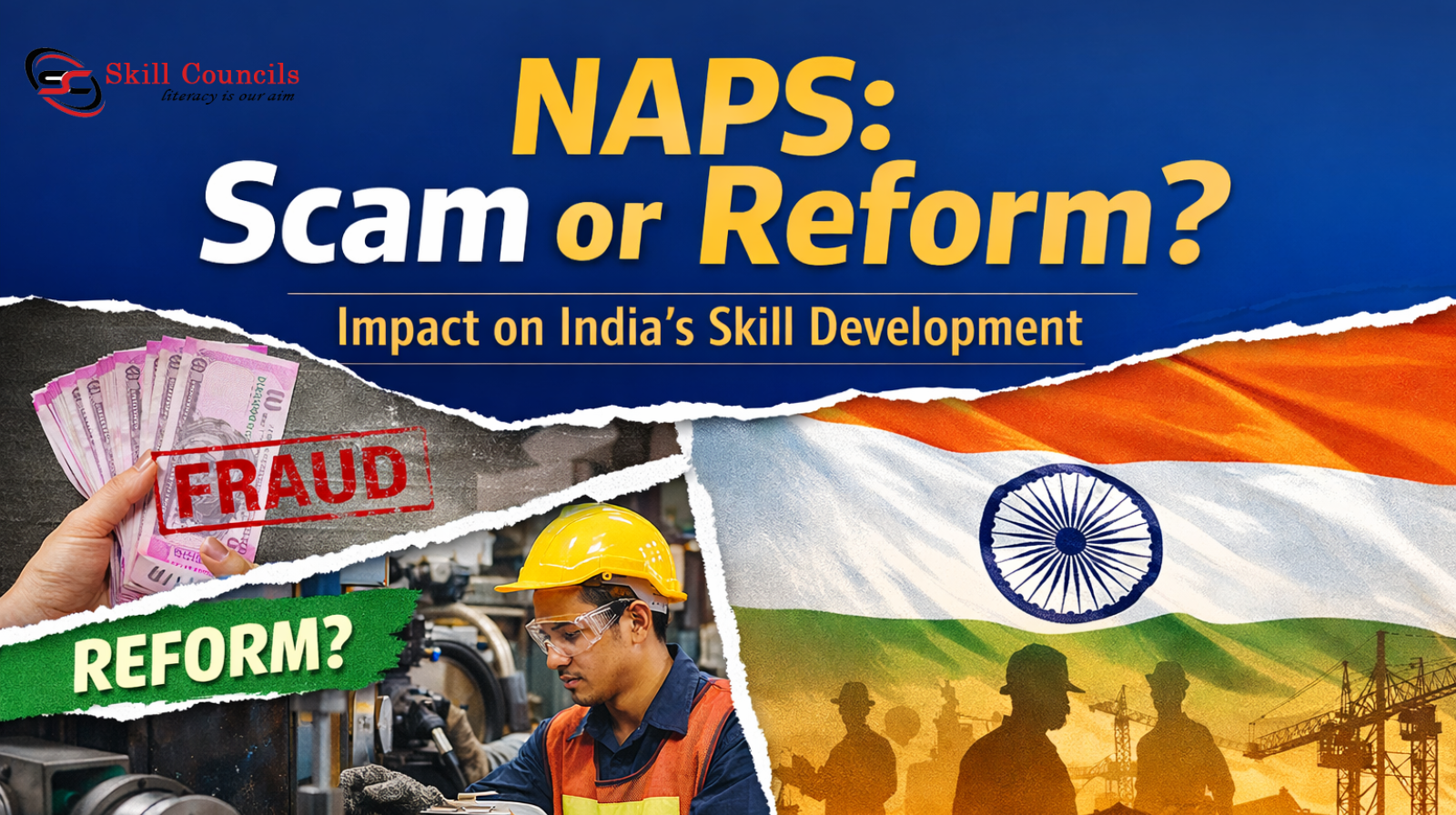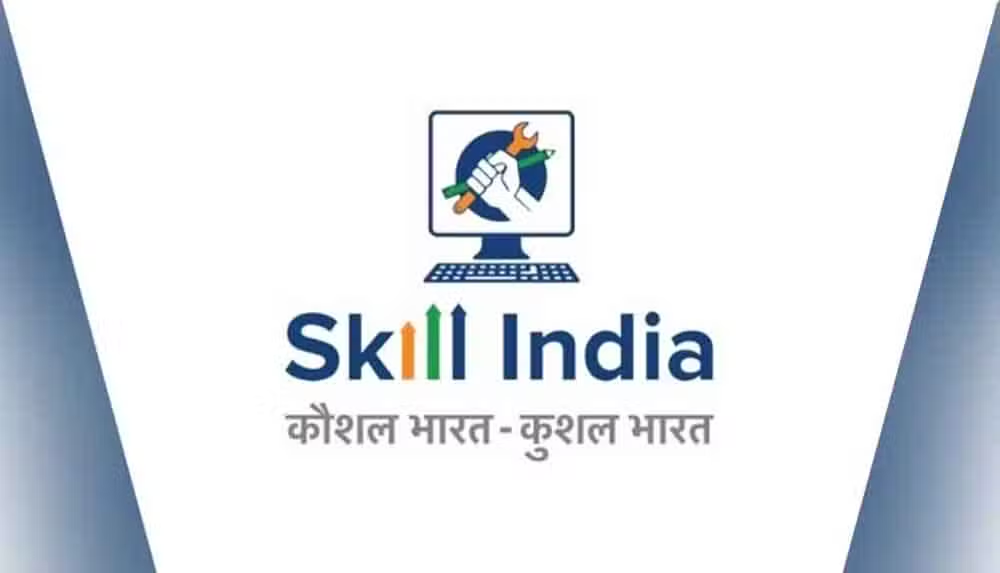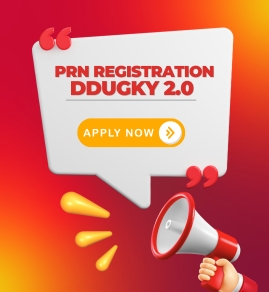Content Library
Current Tenders
Tender1015
TendersTime1015
Last Date of Submission
03 March 2026 up to 10:00 AM
Tender1013
TendersTime1013
Last Date of Submission
09 March 2026 at 11:00 AM
Tender1012
TendersTime1012
Last Date of Submission
09th March 2026
Tender1011
TendersTime1011
Last Date of Submission
10-Mar-2026 03:00 PM
Tender1009
TendersTime1009
Last Date of Submission
04 March 2026 – 01:00 PM
Tender1008
TendersTime1008
Last Date of Submission
05 March 2026, 6:00 PM

Top News
Latest Blogs

**Is NAPS Transforming India’s Skill Landscape — or Becoming a Scam?
A Deep Impact Audit of India’s Apprenticeship Ecosystem**
.png)
PMKVY Under the Scanner: When India’s Flagship Skill Scheme Failed Its Own Promise
₹14,000+ crore spent. Over a decade of implementation. Yet the core question remains unanswered: did Pradhan Mantri Kaushal Vikas Yojana (PMKVY) skill India for jobs—or merely generate certificates?

Skill Development Scams in India: An Evidence-Based Overview (2015–Present)
Skill development has been a cornerstone of India’s employment and economic growth strategy over the past decade. Flagship initiatives such as the Skill India Mission, Pradhan Mantri Kaushal Vikas Yojana (PMKVY), and various state-led skill development programs were designed to bridge skill gaps, improve employability, and create a future-ready workforce.
 (4).png)
Lok Sabha Update on Skill Development Initiatives | Government of India
The Government of India updates Lok Sabha on national skill development initiatives, implementation progress, and workforce readiness under MSDE programmes.
 (3).png)
PMKVY 5.0: The Future of Skill Development in India
At SkillCouncils.com, we analyze PMKVY 5.0 as a transformative opportunity for Sector Skill Councils (SSCs), training partners, industry, states, and learners.
 (2).png)
PMKVY Training & Employment Outcomes: Insights and Opportunities for India’s Skill Ecosystem
PMKVY Training & Employment Outcomes: Insights and Opportunities for India’s Skill Ecosystem




















